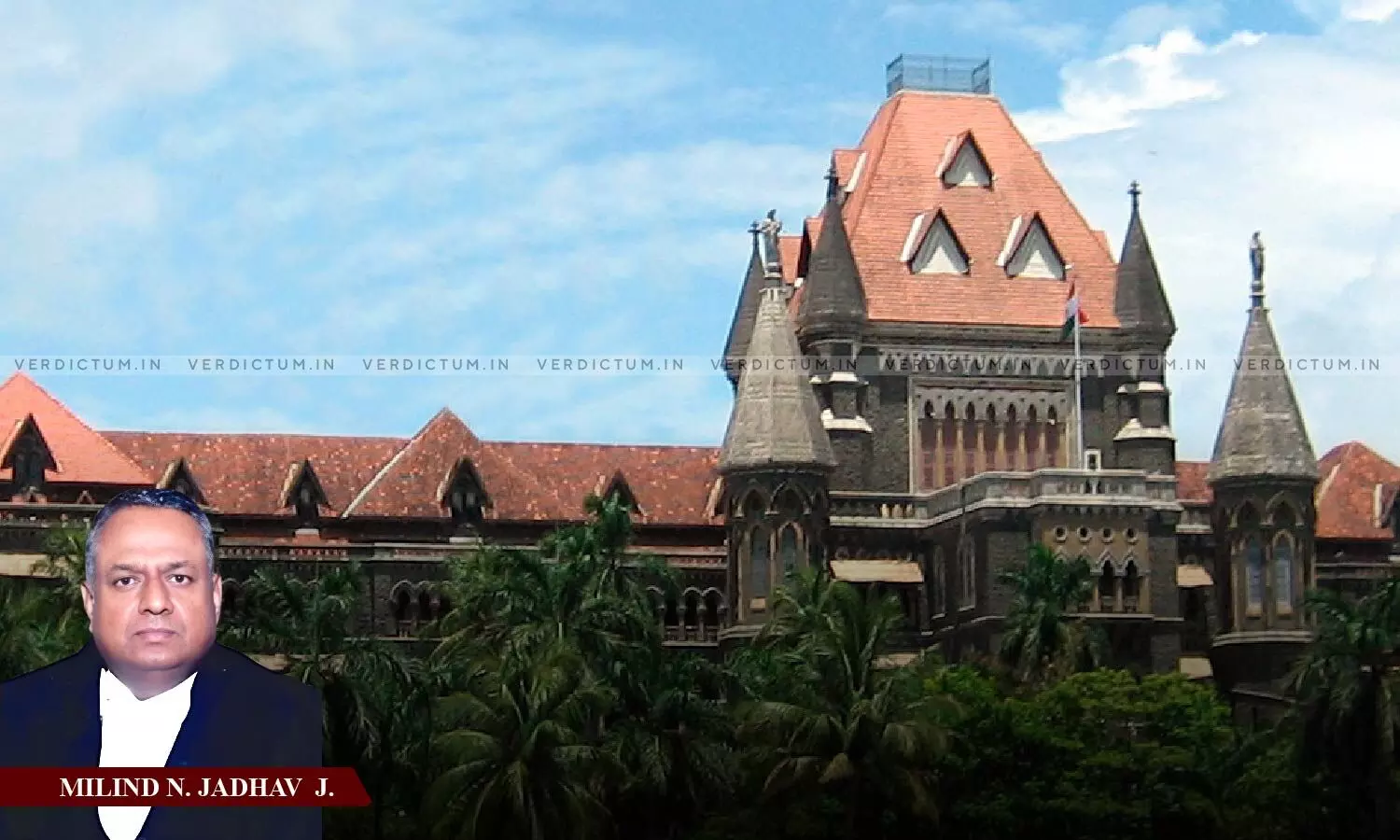
Shaking Head To Music Does Not Constitute Stalking; Does Not Imply Intent To Interact: Bombay HC
 |
|The Bombay High Court exonerated a man from charges of stalking, ruling that his behavior—specifically, shaking his head while listening to loud music—did not constitute an attempt to interact with the complainant and thus did not meet the legal definition of stalking.
The complainant claimed that petitioner had been closely following her on his motorcycle while honking and making gestures, which allegedly caused her to lose control of her scooter, leading to injuries to her elbow, shoulder, and thigh. She asserted that he was wearing headphones and listening to loud music, which intensified her feeling of danger. A taxi driver corroborated her account, stating that he observed him weaving dangerously close to her lane.
Initially, petitioner was convicted in the trial court under various sections of the Indian Penal Code (IPC), including Sections 279 (rash and negligent driving), 354D (stalking), and 337 (causing hurt by an act endangering life). He received a sentence of three months for stalking, three months for rash driving, and three years for causing hurt. While the District Court upheld the conviction, it reduced the three-year sentence for causing hurt to three months.
Advocate Tanveer Aziz Patel appeared for the Petitioner and Additional Public Prosecutor Sangita Phad appeared for the Respondent.
Petitioner then appealed to the Bombay High Court, where his counsel argued that there were inconsistencies in the complainant's testimony and pointed out a three-day delay in filing the First Information Report (FIR), which they attributed to a family wedding. They contended that these factors diminished her credibility and asserted that the prosecution failed to prove the elements of stalking since petitioner and the complainant were unfamiliar with each other.
A Bench of Justice Milind Jadhav said, "The only gesture attributable to the Applicant by prosecution is of shaking of his neck i.e. grooving his neck while riding and simultaneously listening to the music, rather loud music which also could be the case. Whether such gesture can be attributed to the act of Applicant trying to interact, foster and draw attention of the Complainant - PW-1 is not proved. Such an action on the part of Applicant in my opinion does not fall into any one of the attributes or ingredients of the offence of stalking as enumerated under Section 354D of IPC."
However, the Court did find petitioner’s behavior while riding to be reckless. It said, "Riding a two-wheeler with loud music and headphones on ears would also qualify as a rash act on the part of the Applicant while riding a two-wheeler. Constant wavering and interjecting the two-wheeler alongside leading to causing an accident is what has happened in the present case."
Ultimately, the Court quashed the stalking charge under Section 354D but upheld the convictions for rash and negligent driving under Sections 279 and 337 of the IPC. It also reduced petitioner’s overall sentence to the time he had already served, allowing for his immediate release after having completed 36 days in custody. The Court took into consideration that petitioner is a married man with three children and the sole provider for his family.
Cause Title: Rakesh Matasharan Shukla v. State of Maharashtra, [2024:BHC-AS:40376]
Appearance:
Petitioner: Advocates Tanveer Aziz Patel and Aditya Shah
Respondent: Additional Public Prosecutor Sangita Phad